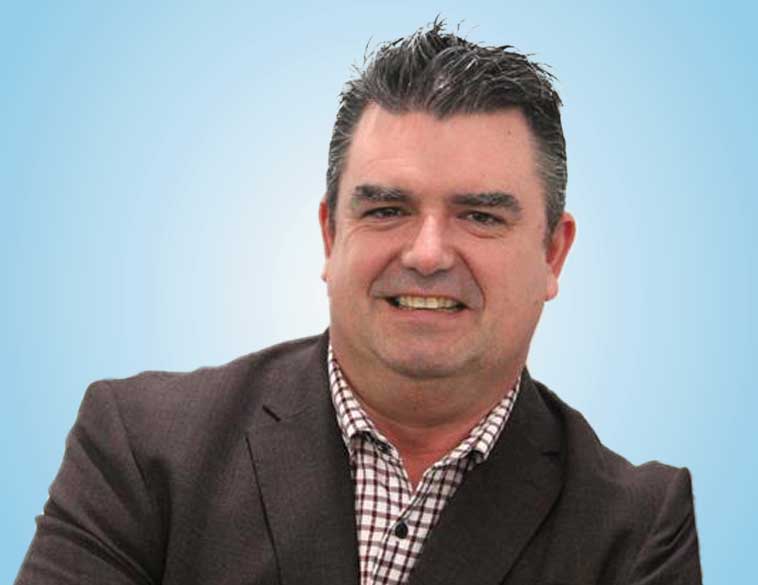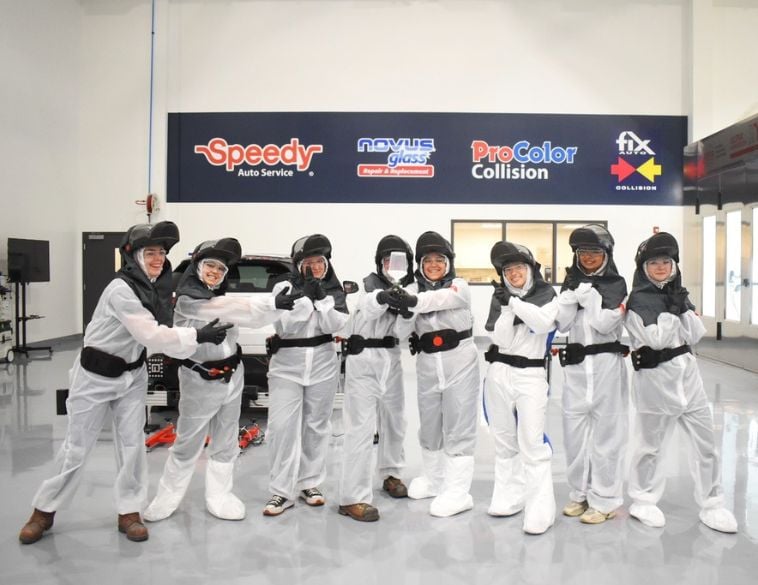With the automotive sector moving at breakneck speed, collision shops need to get up to speed now.
As part of the automotive services sector, the collision repair industry has to keep up with technology. At the moment, I estimate that 70% of workshops are not equipped to meet the challenges of the future.
We can talk about electric vehicles, which are the talk of the town at the moment, but closer to home, advanced driver assistance systems (ADAS) are already making their way into our workshops. And this percentage will grow much faster than that of EVs in the near future. Of course, we also have to bear in mind that by 2035, one in every five cars entrusted to our collision shop owners will be electric.
I understand that relations with insurers, a key factor in the management of our businesses, are a preoccupation for many collision shop owners at the moment. However, on this front, the situation is evolving favourably for our workshops. Maintaining healthy communication with insurance companies, based on consensual solutions, enables us to make constant gains.
The gradual improvement in the conditions offered by insurers requires, in return, a commitment from collision shop owners to offer a quality service. In this respect, I’d like to come back to the urgent need to consider investment in the equipment and expertise needed to provide these services.
Shop owners need to focus their energy on what they can control. Identify business opportunities by adding complementary services to their business. Everything that the workshop can take care of, whether it’s window replacement, alignment or the calibrations needed to get safe cars back on the road, represents additional profit items. In addition, it controls the production flow by having as many elements as possible on hand to complete the repair.
The future belongs to entrepreneurs who know how to take a step back and analyse their current operations in order to identify the real opportunities that lie ahead. I also believe that the new reality of our market will encourage the sharing of expertise between workshops. When it comes to investment, you have to consider whether it is reasonable and ultimately profitable to embark on a venture without assessing its true potential. I remember the wave of repairs to aluminium parts for which some workshops were equipped and trained, only to realise over time that the volumes needed to pay for this equipment were never forthcoming.
Why shouldn’t a group of shop owners in a given area work together to develop their areas of expertise? Specialised centres for calibrating ADAS systems are already appearing here in Quebec, for example. By thinking together, collision shop owners could target their efforts much more strategically.
In this way, our workshops will be able to offer the expertise on which the relationship with their clients is based.



